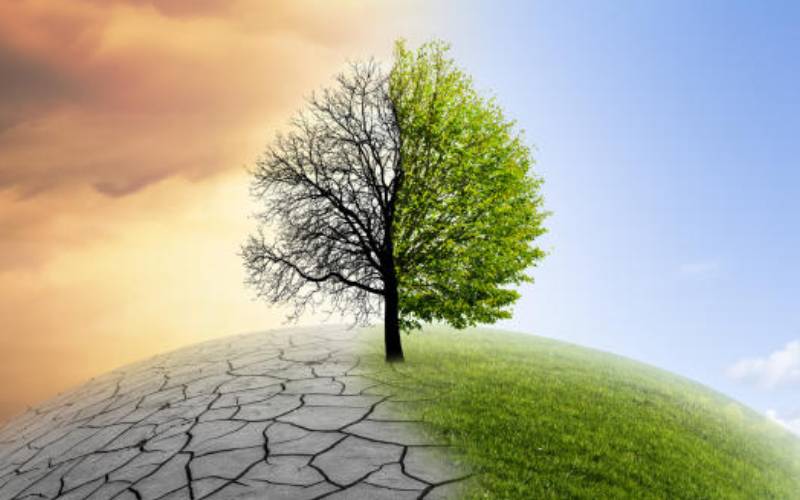×
The Standard e-Paper
Fearless, Trusted News

As we saw last year at COP26 in Glasgow, international imbalances of the climate crisis are coming to the fore. Responsibility for preventing catastrophe is falling disproportionately on the lower-income countries that did least to cause it and are least able to bear the cost.